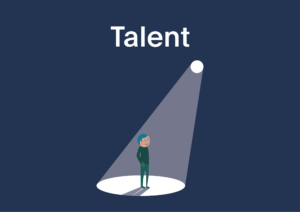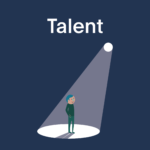New York City’s New Law on AI in Recruitment Comes into Effect
New York City’s law regulating the use of artificial intelligence (AI) in hiring decisions has officially taken effect. Under this new law, employers who utilize AI tools to make hiring decisions must disclose this information to candidates.
Additionally, employers are now required to conduct annual third-party “bias audits” of their AI technology or software. The purpose of these audits is to identify and disclose any potential discrimination that may occur as a result of AI’s use in the hiring process. Employers must make this information public, allowing candidates to be aware of how AI may impact their applications.
Domenique Camacho Moran, an employment attorney at Farrell Fritz, explained that the law specifically applies to automated employment decision tools (AEDTs) and does not encompass human decision-making processes. If an employer uses an AEDT, they must commission an independent audit, publish a summary of the findings, inform applicants and employees about its use, and provide alternative selection processes if requested.
Employers found to violate the law will face fines of $500 for the first offense, and $1,500 for subsequent violations.
The focus of this legislation is on addressing the risks associated with AI tools that make decisions beyond human comprehension. John Hausknecht, a professor at Cornell University, stated that one of the main concerns is that humans often cannot explain the specific data points on which algorithms base their decisions. The goal of the law is to track and collect data, analyze it, and report on it, allowing for future adjustments and improvements in regulations.
According to the law, AI screening disclosure must include instructions on how individuals can request alternative selection processes or reasonable accommodations, if available under other laws. Employers, however, are not required to use a different screening process even if requested.
While the law aims to address potential biases in AI hiring tools, some employment attorneys, such as Niloy Ray from Littler Mendelson, express concerns about the additional costs and compliance burdens it may impose on small employers. The requirements of the law may create ambiguity and potential risks of non-compliance.
It’s worth noting that a previous survey indicated that many hiring employers are seeking candidates with experience using AI chatbots like ChatGPT, which gained popularity after its release in November 2022.




































